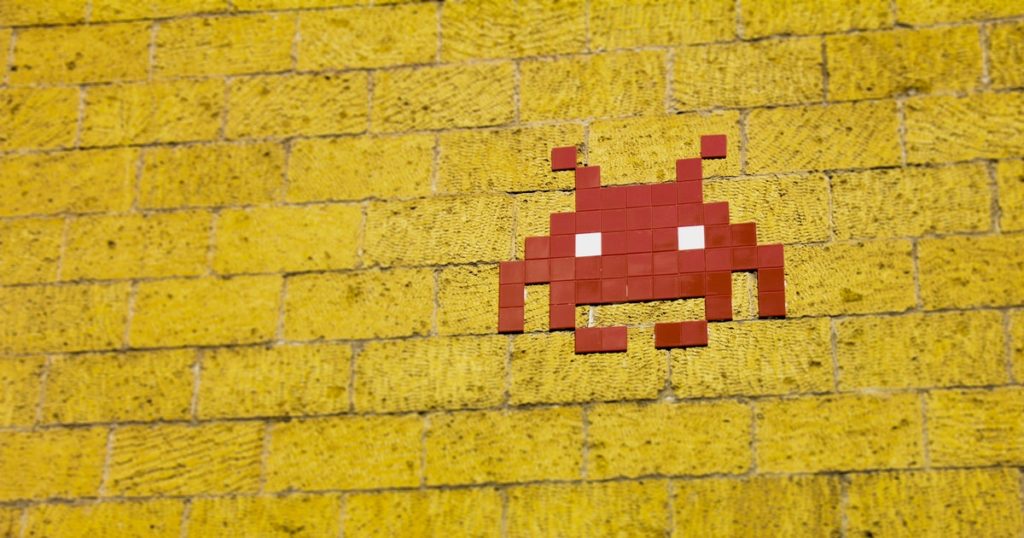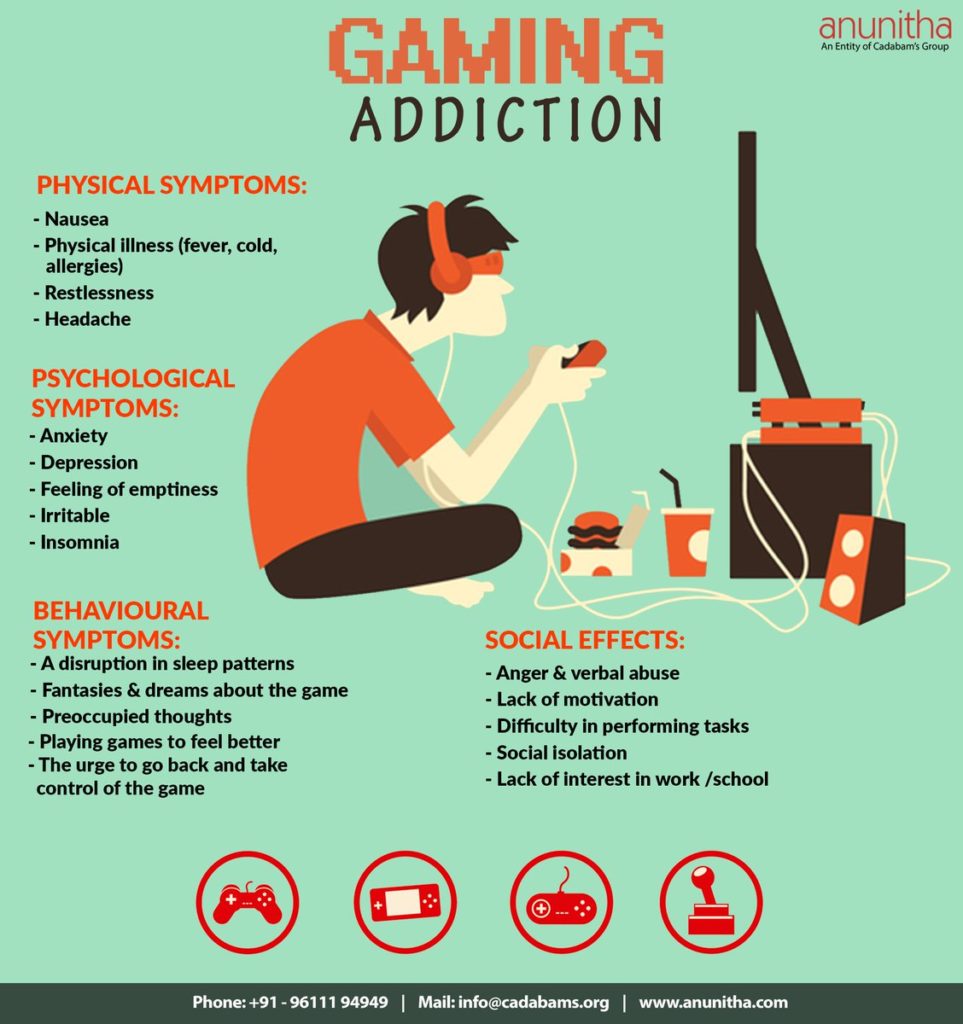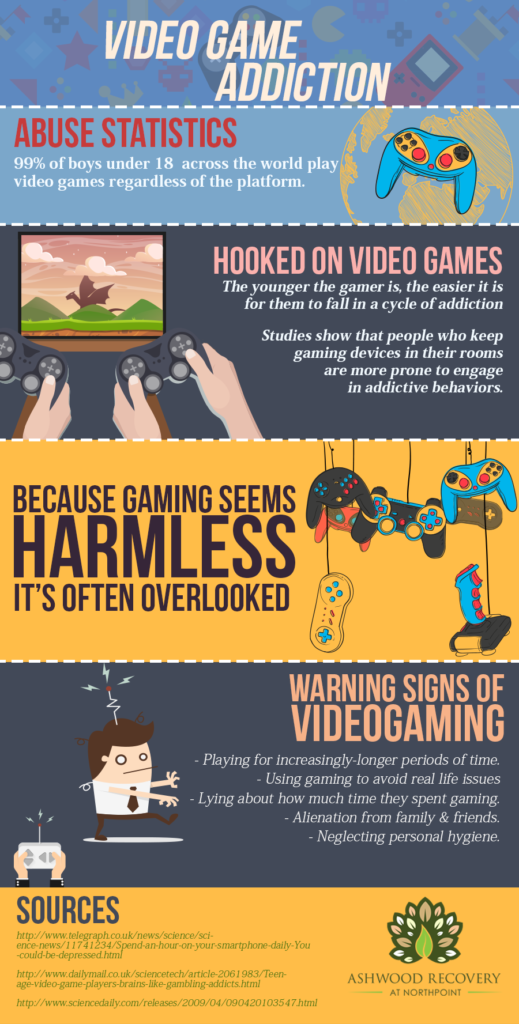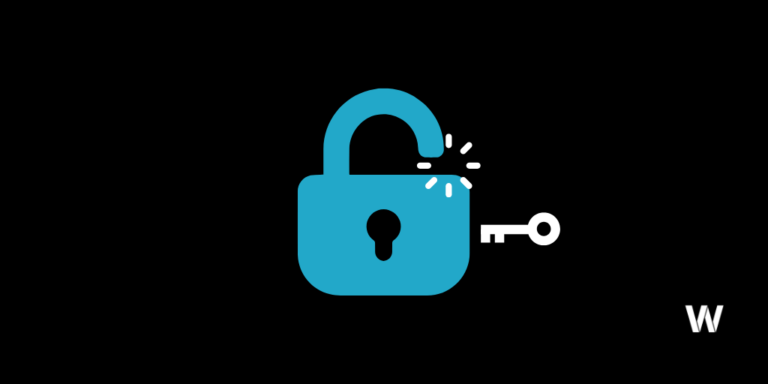Video Game Addiction and How I Beat It
By Warren Wong
Video game addiction has been silently creeping up on us in the past few decades. While drug, alcohol, and pornography have had the spotlight in the media, video game addiction is often times more relevant and just as dangerous.
My own experience with video game addiction began back in 2005, in middle school.
As a 11 years old with not many friends and time on my hands, I turned to video games. Lots and lots of video games.
My poison of choice: the PC, short for personal computer.

What is video game addiction?
David, N. Greenfield, Ph.D., defines video game addiction as a impulse control disorder, which does not involve the use of an intoxicating drug and is very similar to pathological gambling. It is often referred to as video game overuse, pathological or compulsive/excessive use of computer games and/or video games.

I was addicted to a game called RuneScape. RuneScape started in 2001 and is still alive and well in 2019. It is a MMORPG, “AKA” massively multiplayer online role-playing game.
You start by creating your own avatar, or character which you can level up. Then you earn experience points, and gold by slaying monsters, by trading and selling, and trades with other players in a fantasy virtual universe.
Simple concept, unintended consequences
Many of my waking hours were spent playing RuneScape. Once I came home from school I would hop on my PC and play until dinner time.
Sometimes it took my mother 2 to 3 times to yell for me to get me to the dinner table. Other times I missed dinner all together and other times I ate dinner at my PC.
Let’s not even talk about missed schoolwork and poor grades. Keep in mind, my Asian parents expected As. Anything else was considered poor.
The captivation of the pixelated images, quests, and milestones created a never ending compulsion for me to level up my avatar and be the best in RuneScape.
My most haunting and vivid memory of RuneScape has to be cutting virtual Yew trees for hours on many weekends.
The purpose of cutting these trees in the virtual game was to then sell them on the market. These were the most valuable trees which would mean the most gold, which would mean getting rich the quickest possible way.
Along with the gold I could purchase the best weapons, coolest armor, and best potions. At a certain point I reached level 85 back in 2008, which was my all-time high.
My Rock Bottom
One day when the sun was rising from behind the clouds, and I was still playing from the night before, did I finally realize that I had a problem. At this point I was self-aware, but it took me a few more years to break away from my addiction.
After RuneScape, it was Warcraft III, and MapleStory. It was never ending, one game after another.
With every patch there were more quests to be done, max level raised even higher, and new items to be earned or bought.
My epiphany
One day I had an epiphany. Instead of spending time leveling up a virtual character, I should level up my real life character, which was me!
I don’t know if it was the ease of living out life through a online avatar or the psychological thrill of reaching milestones, but I knew I had to stop.
Every time I reached a new milestone the game rewarded me with a dose of instant gratification, a dopamine fix.
What isn’t well advertised is how much money is spent by companies to market and develop games to trigger our basic impulses, to keep us in game longer.
What are the unintended consequences?
Let’s first look at the unintended consequences of video game addiction. I missed out on school, friends, family, career opportunities, my health, and my eyesight. The list went on and on.
These were years off of my youth where I could have put my energy towards real life skills. Maybe I could have learned to play the guitar, master golf or become a full time lumberjack. The possibilities are endless, but I chose the easy route. I chose RuneScape.
My addiction stemmed from a combination of two things: playing the game required less time and effort than developing life skills, and avoiding my problems. Those problems eventually got worse because I chose to delay the inevitable. By not doing homework, I had to make up for it by studying even harder. By not exercising I developed a hunched back which required mending and physical therapy.
When I didn’t face my problems head on, it just led to more problems down the road. My video game addiction didn’t get any better until I admitted it was a problem and faced it head on.

Why video games?
I think a lot of young teenagers and adults turn to video games because it is an escape from the real world. It is an escape from trouble at home, at work, and our relationships.
Often times when I was in my video game stupor I realized I wasn’t even enjoying the game, I was just going through the motions to attain an objective. Once that objective was reached, I gained a moment of happiness, but it quickly faded. I was using video games to replace real life interactions and get my fix of instant gratification.
Through self-reflection, I was able to realize the consequences, and the reasons why I turned to video games.
How to beat video game addiction

The short answer was through self-reflection.
The long answer lies in finding a mountain to climb. What mumbo jumbo are you talking about Warren? That “mountain” is what you want to achieve in life.
Whether it’s your dream to save lives, invent a shuttle to Mars, be a great orator or be a social media influencer, you need to find a mountain and start climbing.
The mountain keeps you focused, and provides an outlet for creativity and artistic expression.
Without it, you can be like I was, lost in a virtual reality.
Like so many young men and women, I was confused and lost. Society had all these expectations of me, and then there were my wants and needs. Throughout my teens and my early 20s I didn’t have everything figured out, and now I know that it’s OK.
What really hurt me was I didn’t put myself out there and pursue my different interests and try to figure it out. I took chose the path of least resistance. I chose video games.
The path I’m on right now may be just a hill or it could be my mountain. I can’t see that far ahead, but I tell myself to keep climbing so one day I can find out.
Conclusion
In order to beat video game addiction, you need to find your mountain. You need to find the time to self reflect.
By finding a mountain you will find significance, you will find meaning.
Video game addiction is real. It is bad. But, it can be stopped.
Question for you
Do you find yourself losing track of time playing video games and feeling bad about it afterwards?
Share your story
As a recovered video game addict I told my story in the hopes that you will share it with someone that might be affected by addiction.
Replace video games with shopping, parties, Netflix, or social media. It may hit home more than you think.
I hope by sharing it tells others that its OK to admit our faults and that were not alone.
Please check out Cam Adair’s Ted Talk and his website for resources on how to combat video game addiction. There is never a better time that now to get started.





